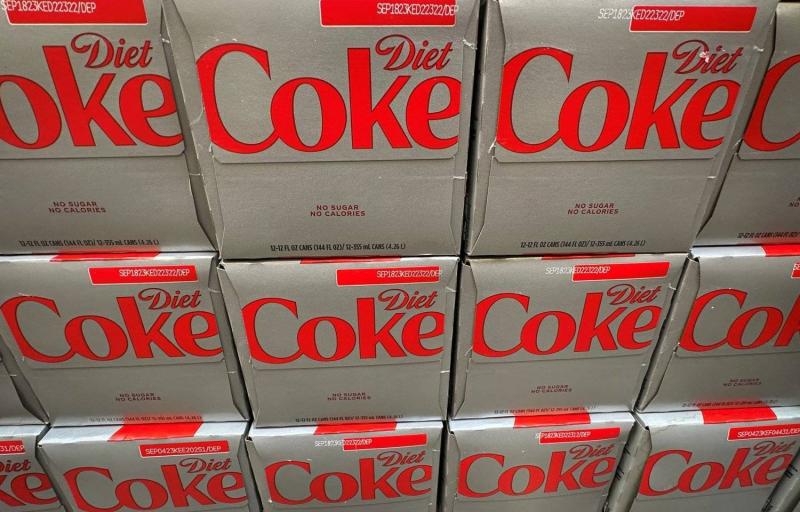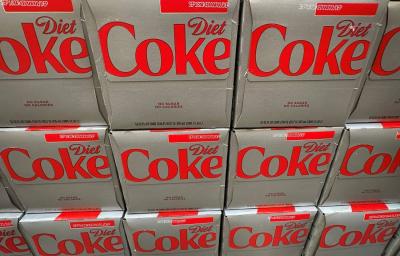The International Agency for Research on Cancer has announced one of the most widely used artificial sweeteners in the world as a potential carcinogen, according to two sources familiar with the process, as reported by Reuters. The cancer research division of the World Health Organization stated that "aspartame, used in diet soft drinks and chewing gum such as 'Extra' and others, will be classified next July for the first time by the International Agency for Research on Cancer (IARC) as possibly carcinogenic to humans."
However, past judgments by the IARC on various substances have raised consumer concerns about their use, led to lawsuits, and pressured manufacturers to reformulate recipes and switch to alternatives. This has led to criticism that the agency's evaluations can be confusing to the public.
Aspartame is one of the most common artificial sweeteners in the world, being 100 times sweeter than regular sugar. It is used in a range of products, from low-calorie Coca-Cola soft drinks to "Extra" gum and some "Sunabel" beverages.
The agency's decision, which was concluded earlier this month after a meeting of external experts, aims to assess whether the substance poses a potential risk, based on all published evidence. The safe amount that a person can consume of this substance without harming their health is not taken into account. This advice for individuals comes from a separate expert committee of the World Health Organization regarding food additives, alongside decisions from national regulatory authorities.
The committee is known as the Joint FAO/WHO Expert Committee on Food Additives. In 1981, the joint committee stated that "aspartame is safe for consumption within accepted daily intake limits." Regulatory authorities in several countries, including the United States and European nations, have widely shared that view.




